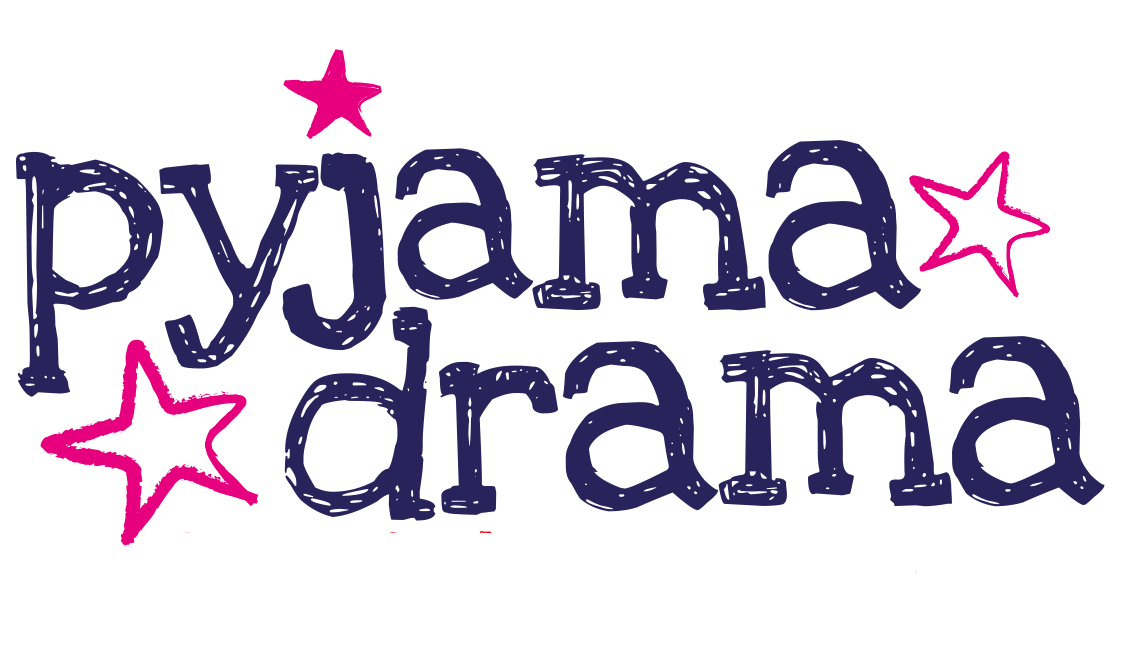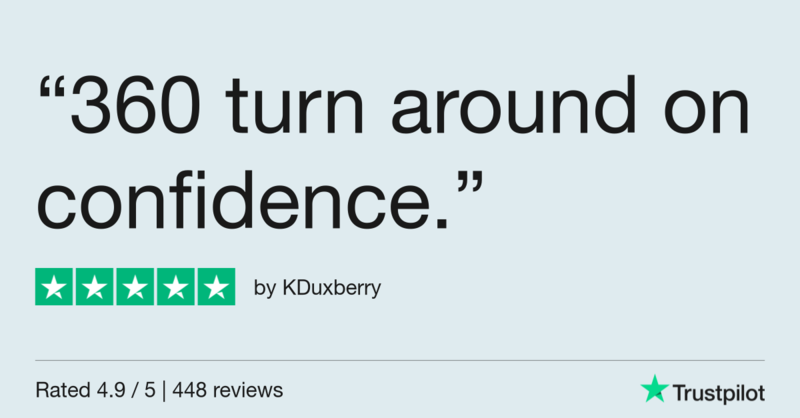Drama training, without making anyone feel silly. Possible? Yes! It's a fine balancing act for sure, but we know that early years teachers often have a reticence (sometimes a downright fear!) about the idea of using drama in their practice.
The general consensus from the many teachers we've trained over the years is that they recognise the enormous educational and social benefits of using drama, but they're sure they're going to feel like a total fool, and therefore they reserve drama for 'the experts'.
Truth is, that if a practitioner can put on different voices when reading a story, or pull a silly face to make a child laugh, if they're using actions and facial expressions when they're singing, they're already using drama skills - and what EYP doesn't already do this!? They just need a few Pyjama Drama techniques and resources up their sleeve, and then they themselves become the expert.
We pride ourselves on making everyone feel comfortable at our CPD sessions, even if they are naturally reserved, or reticent, and part of this is reassuring delegates we're not going to make them do anything that makes them look or feel a fool.
Do we sing Pyjama Drama songs together? Yes - it's a great way to break down barriers, and it something EYPs spend an awful lot of time doing already.
Do we ask them to step out of their comfort zone? Yes, but only a little, or as much as they feel comfortable doing. After all, we regularly ask children to try new things, and give things a go, so it follows that we as educators should do the same.
But do we ever make delegates role play? No.
Do we ever put them on the spot? No.
Do we ever force them to "act" in front of one another? No.
So how on earth do we teach EYPs to have the confidence to use drama and imaginative play with confidence?
1.) We genuinely love working with EYPs and showing them how to do what we do. And we hope that our passion for our work comes across and enthuses others.
2.) One of us (me!) is NOT a drama expert by trade. Everything we do in trainings has gone through the "Rachel test" - if I think I'd have felt embarrassed doing something when I was a teacher, and before I know what I know now, it doesn't go in (that's why traditional role play is a big no!)
3.) We scaffold practitioners' learning and understanding so that they understand the "why" and well as the "how". No-one is thrown in at the deep end. Rather we teach EYPs how to use our techniques step-by-step, with tonnes of demos, and give them a chance to practice them little, by little, in small groups with their peers.
4.) The Pyjama Drama techniques we teach have been specially devised for non-drama specialists (if I can use them with confidence and skill, anyone can)
5.) And finally, the resources we develop are developed for non-drama specialists. They're simple, self-explanatory, educationally sound, and lots of fun to deliver!



